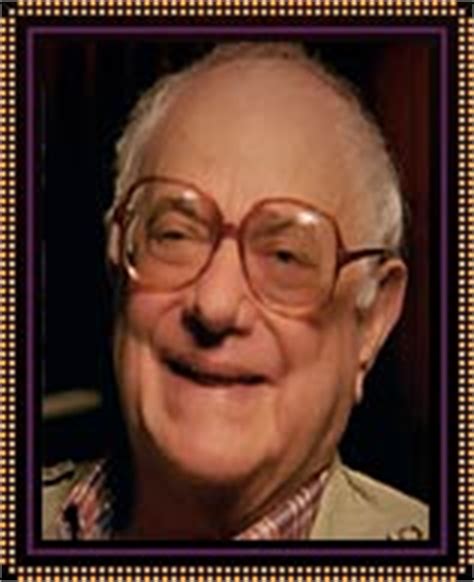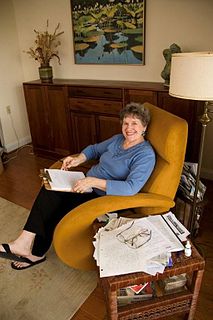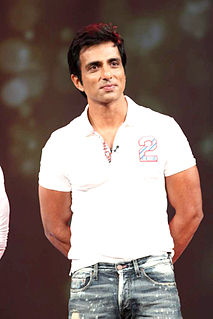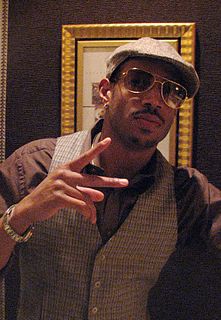A Quote by John Cleese
On movies, I like to involve the cast in the writing of the script. I like to have a rehearsal period, after which I do the last draft, which gives me a chance to incorporate anything the actors have come up with during the rehearsal period, so I'm very inclusive as a writer.
Related Quotes
There were a few things that, in rehearsal, any one of us might try. [John] Hughes would go, "I like that," to me spitting up in the air and catching it in my mouth. It was just something I did in a rehearsal and Molly [ Ringwald] went, "Ewww." And John went, "Can you do that again?" And I went all day long, and he was like, "Okay, let's do that."
Certain movies like 'Wag The Dog,' we used improv on every scene that we did. Pretty much, we would shoot from the script and then some stuff that we came up with in rehearsal, and then we'd have at least one or two takes where we completely went off the script and just flew by the seat of our pants.
You have formal rehearsal, a lot of things you don't have in movies - which is, you have to formally rehearse. You have to know your back story, discuss it, and almost everybody onstage has to know each other's [story], so that when it comes time to actually do it, you can throw it all away. That's the way I like to - and I didn't realize until very recently - that's the way I like to prepare for movies.
No question that 'Birdman' is a breathtaking technical achievement, not a stunt. Shot in 30 days after a long rehearsal period, with the actors' and the camera's movements calibrated to the inch and the millisecond so the action flows smoothly, the picture has the jagged energy of a long guerrilla raid choreographed by Bob Fosse.



































